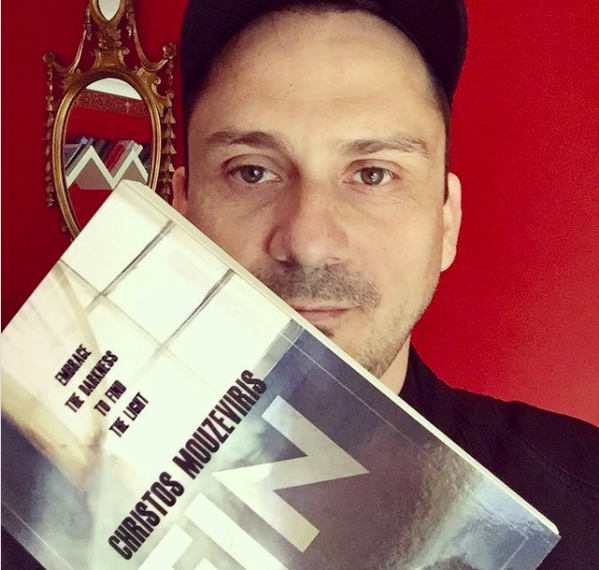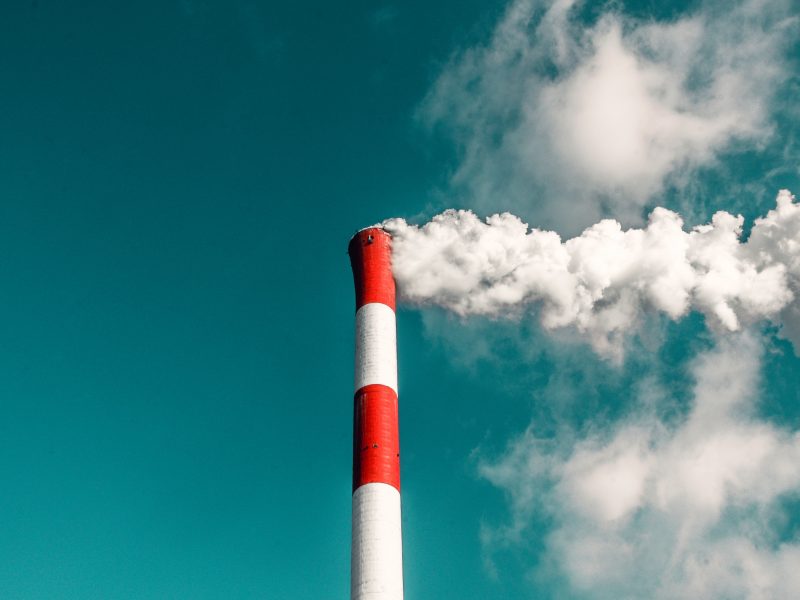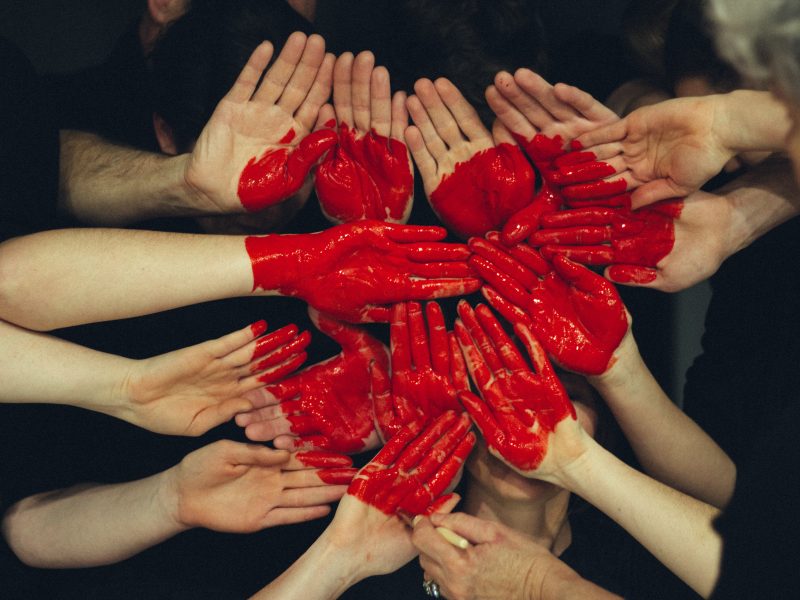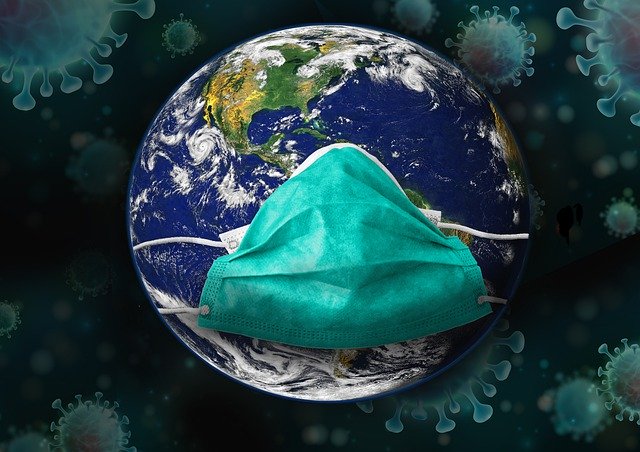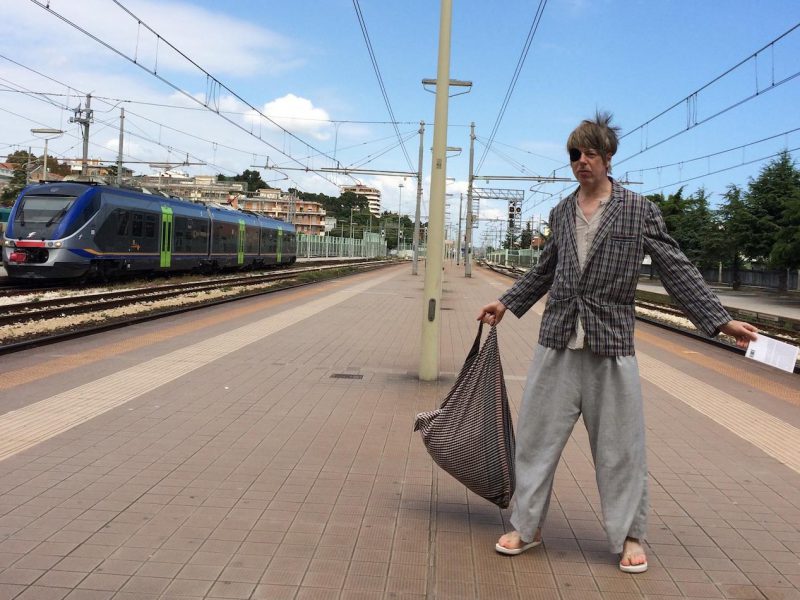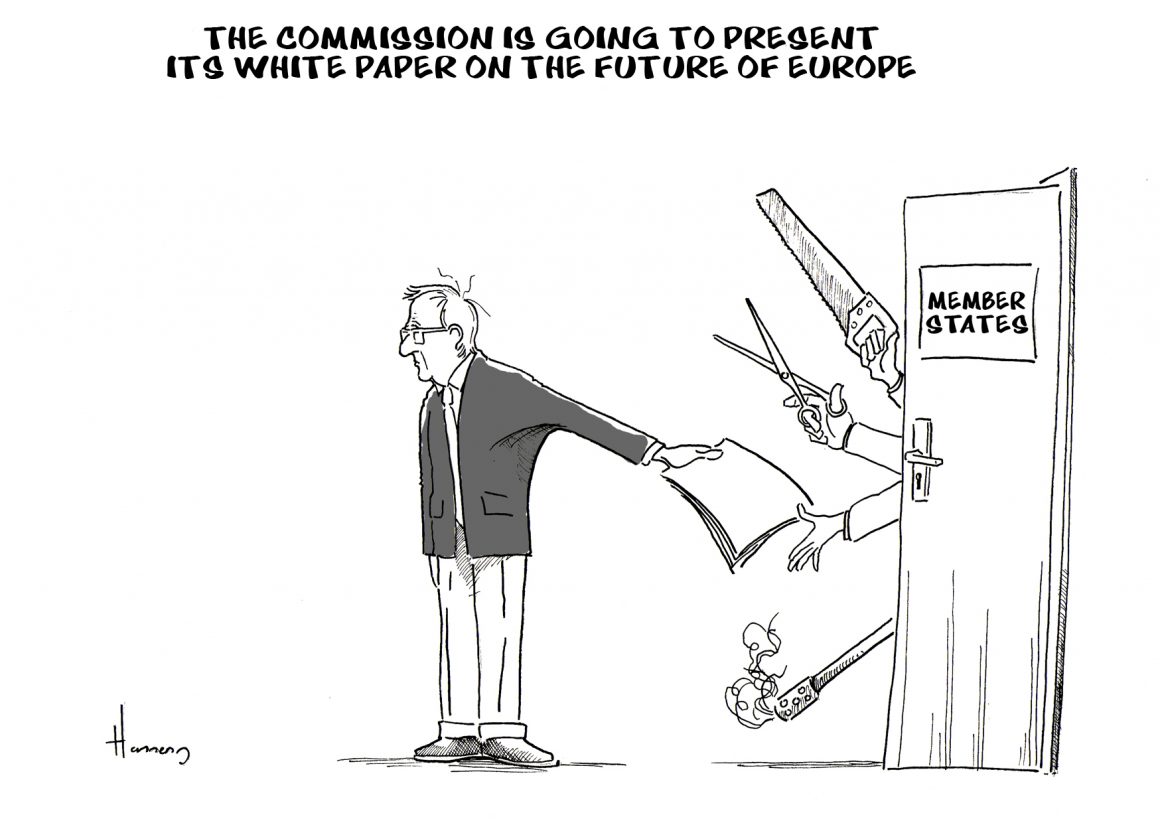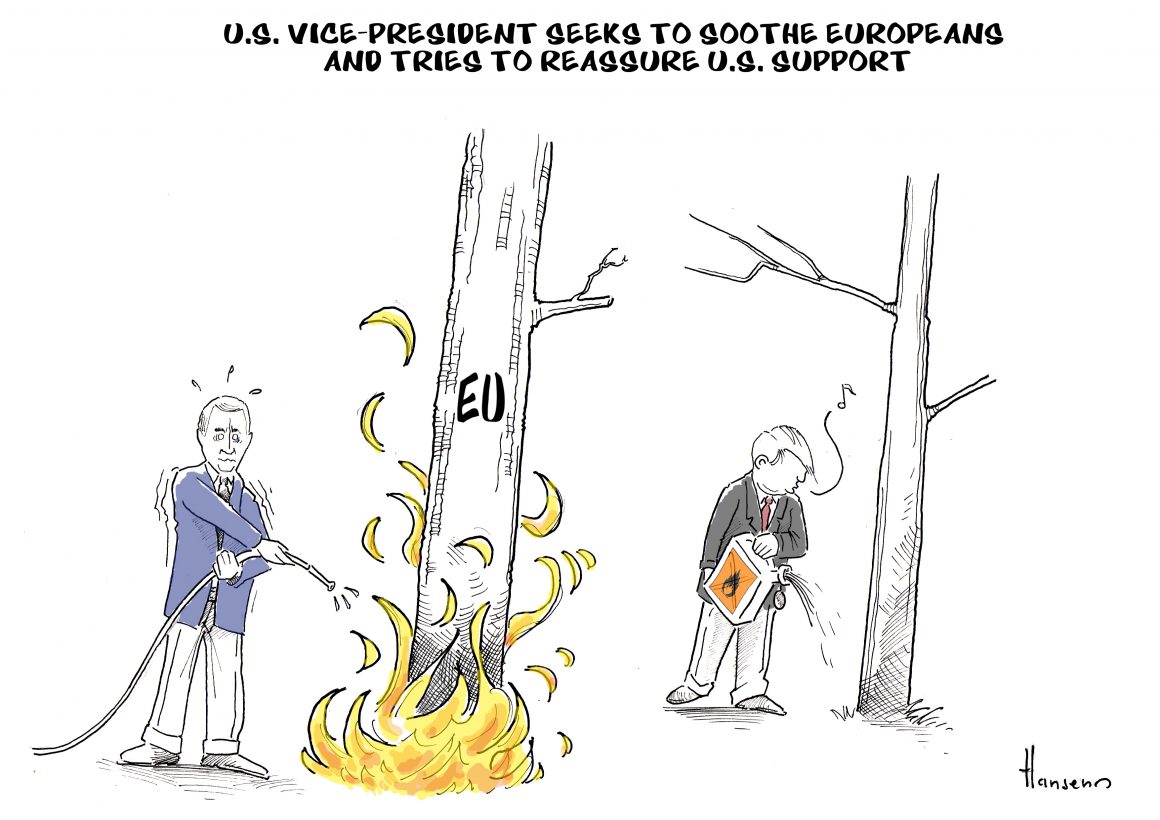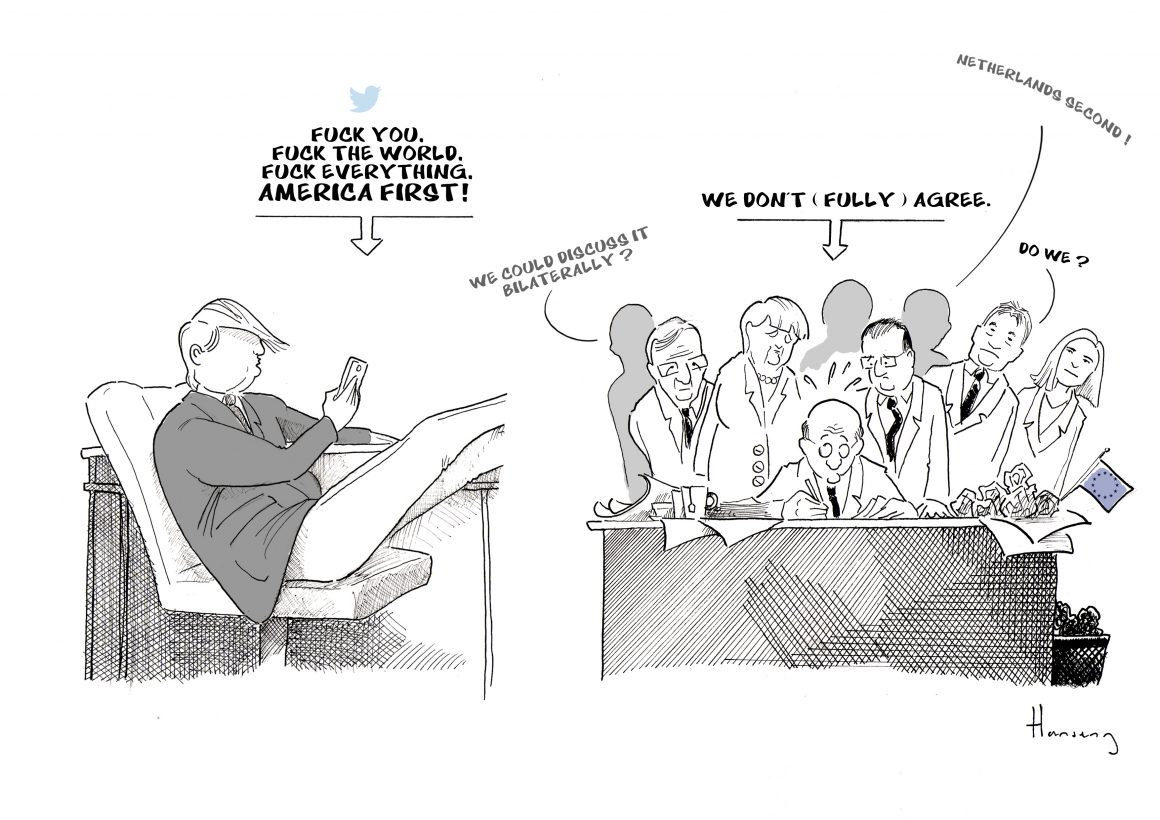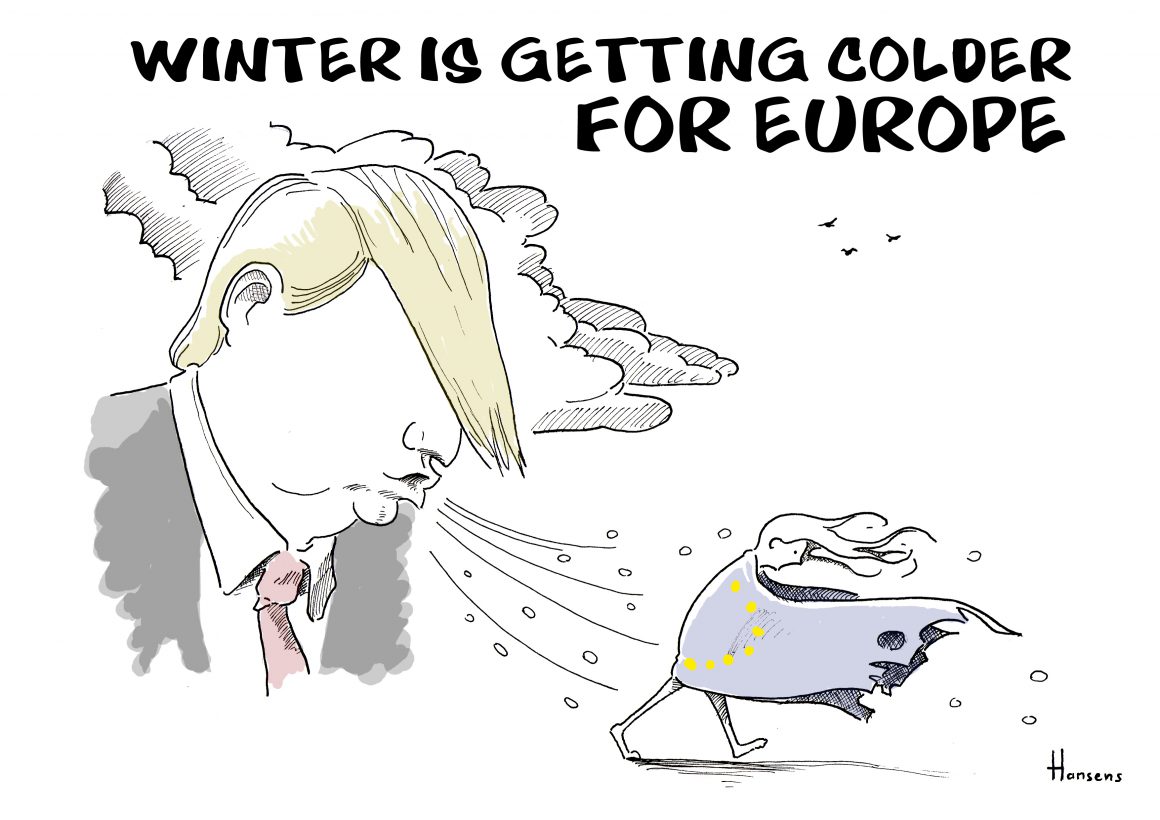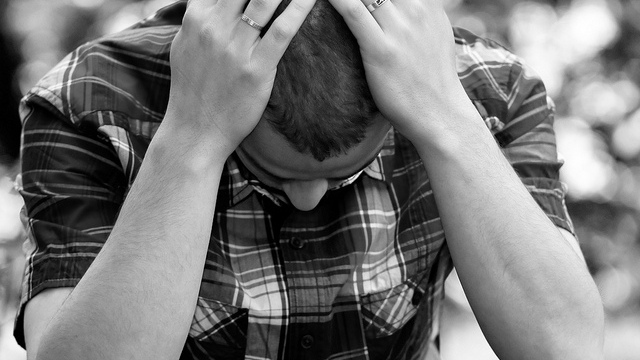Christos Mouzeviris: Writer, Photographer, Painter and a True Global Citizen
Christos Mouzeviris was born in December 1977 in Thessaloniki, Greece. Although his artistic inclination was evident from a very young age and he had always demonstrated an interest in pursuing a career in arts, he did not receive the support one would need to professionally engage in the arts in Greece. He studied tourism and…

